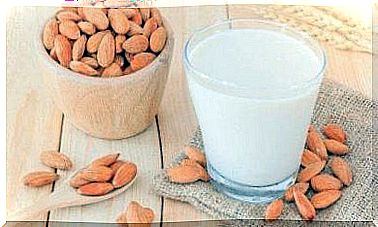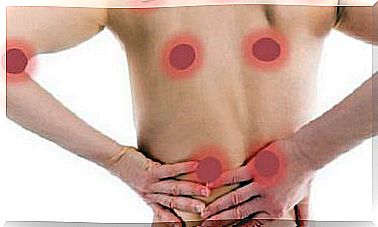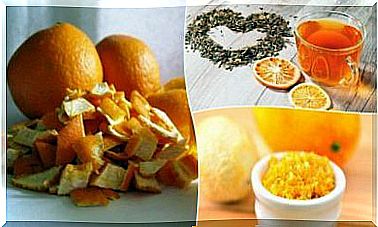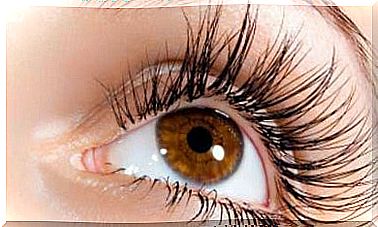5 Foods For Healthier Blood And A Happy Body
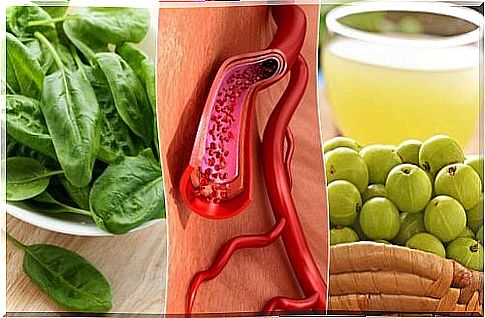
How can you improve the quality of your blood and get healthier blood all around? Let’s start with a definition of blood, which is a liquid connective tissue that circulates through capillaries, veins, arteries, atria, and ventricles of all vertebrates. The red color is due to the presence of a hemoglobin pigment contained in the erythrocytes.
Blood consistency is dense, opaque and mixed with metal. However, the color may vary: from scarlet, which is a sign of a high oxygen level, to dark red, indicating a low oxygen content. The average pH in blood is 7.35 to 7.45. The blood temperature is 38 ° C – slightly higher than the body temperature.
What does healthy blood contain?
- Nutrients
- Hormones
- Antibodies
- Oxygen
- Carbon dioxide
- Electrolytes
- Vitamins
- Heat
Where is it made?
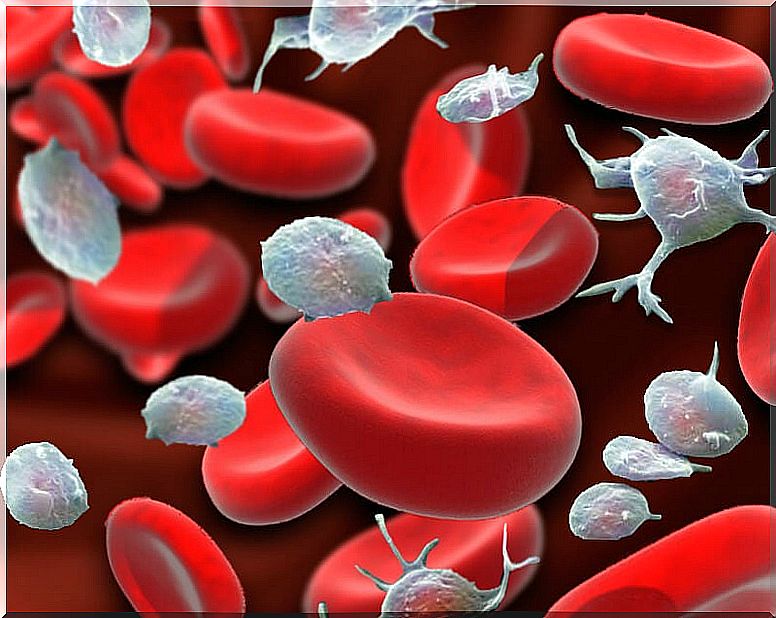
Blood cells are produced in the bone marrow, which is the spongy tissue found in some of the body’s bones, such as the hip bone, sternum or the bones of the skull.
The human body contains approx. 4.5 to 6 liters of blood. 55% of the blood is plasma, which is the liquid part of the blood that consists of water, mineral salts and proteins, while the remaining 45% consists of red blood cells, white blood cells and platelets.
How can I start a healthy diet?
- Eat non-starchy vegetables like tomatoes, carrots and spinach. It is recommended to reduce your intake of potatoes, but do not cut them completely off your diet.
- Look for healthy proteins such as those found in lean meats, chicken, turkey and fish. Avoid eating red meat, especially processed meats, such as bacon or sausages.
- Whole foods are good choices. Rice, pasta and wholemeal bread are healthier than white rice because of their fiber content. As a result, blood sugar rises slowly and gives us a feeling of fullness.
- Use vegetable oils. Olive oil or rapeseed oil are good options when it comes to making spices. On the other hand, avoid using butter because it contains too much saturated fat.
- Avoid sugary drinks such as juices, soft drinks or iced tea. It is best to prepare some water with a touch of fruit.
What vitamins and minerals does the blood consist of?
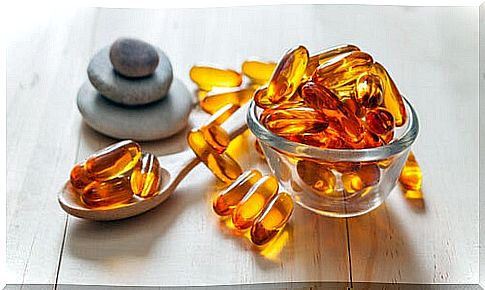
- Vitamin E: Important for the most resistant red blood cells.
- Iodine: Contributes to the production of red blood cells and platelets.
- Vitamin C: Stimulates the absorption of iron.
- Zinc: Involved in the formation of lymphocytes.
- Vitamin K: Helps the blood coagulate.
- Cobalt: Helps with the production of hemoglobin and red blood cells.
- Copper: Ensures that iron is available for the production of red blood cells.
- Iron: Important for the production of hemoglobin, which is responsible for transporting oxygen to cells.
- Vitamin B12: Helps with maturation of red blood cells.
- Folic acid: Contributes to the maturation of erythrocytes and leukocytes.
Recommended foods for healthier blood
Liver
Liver is generally rich in vitamin A, which helps improve the appearance of the skin due to its antioxidant properties. But it also increases the production of hemoglobin due to its high iron content. If that was not enough, it is low in fat and provides folic acid which helps maintain proper cell division.
Egg
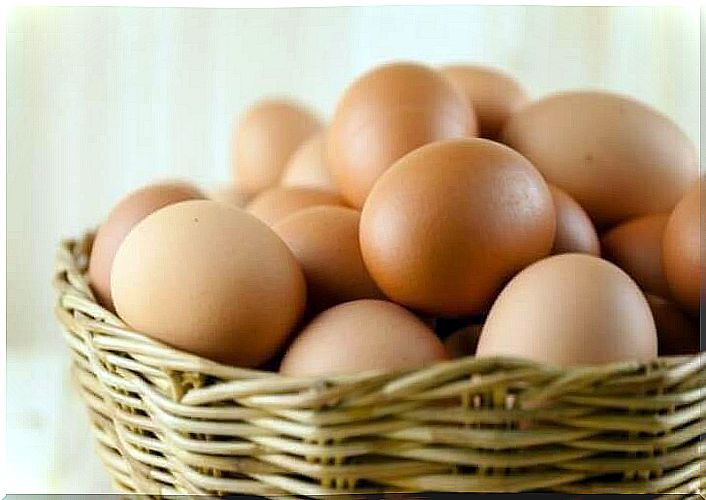
As long as you are not allergic or intolerant to eggs, always include it in your diet. It is a great source of proteins, minerals and vitamins that all lead to healthier blood. In the egg yolk you will find especially lecithin, which is responsible for cleansing the fat in the arteries. In addition, it contains choline, which improves the nervous system.
Eggs also give you more vitamins A, D and E as well as minerals such as iron, zinc, selenium, phosphorus and folic acid. And all of these are essential for healthier blood and a healthy body.
Vegetables
These are good for people who do not eat meat because they help balance the intake of nutrients due to their high protein content. But they also provide carbohydrates, fiber, B vitamins, and minerals like iron, magnesium, and potassium.
Nuts
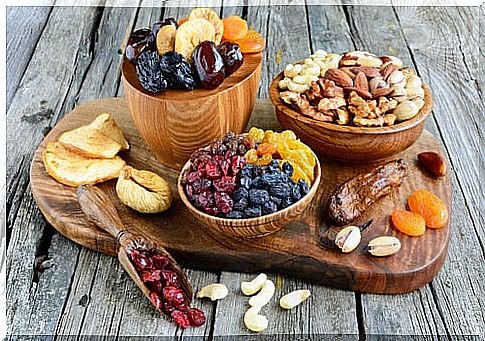
Although nuts are high in calories, they provide important nutrients to the body if consumed in moderation. So they help you get healthier blood as they contain healthy fats and omega-3 fatty acids.
In addition, they provide a variety of vitamins and minerals, such as potassium, magnesium, phosphorus, vitamin E and vitamin B complex.
Potatoes
Potatoes work as a fuel that the body needs to produce energy. They are rich in vitamin B, folic acid and minerals, and they also provide flavonoids that protect against cardiovascular disease and reduce bad cholesterol.
For their part, the B vitamins are responsible for protecting the arteries. In particular, vitamin B6 reduces the levels of homocysteine, which is a chemical compound that contributes to inflammation in the arteries.
So when do you start taking the step towards healthier blood?


